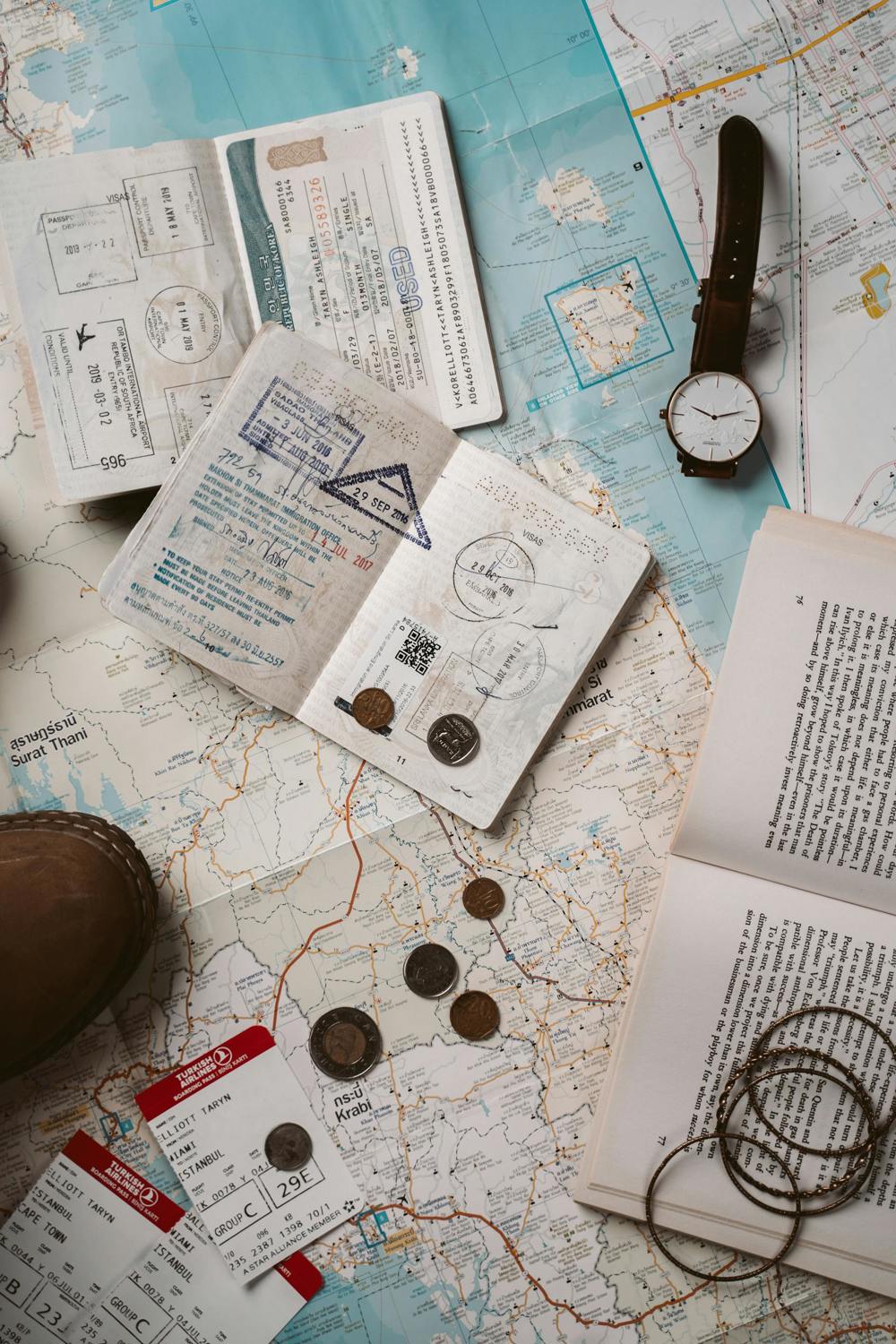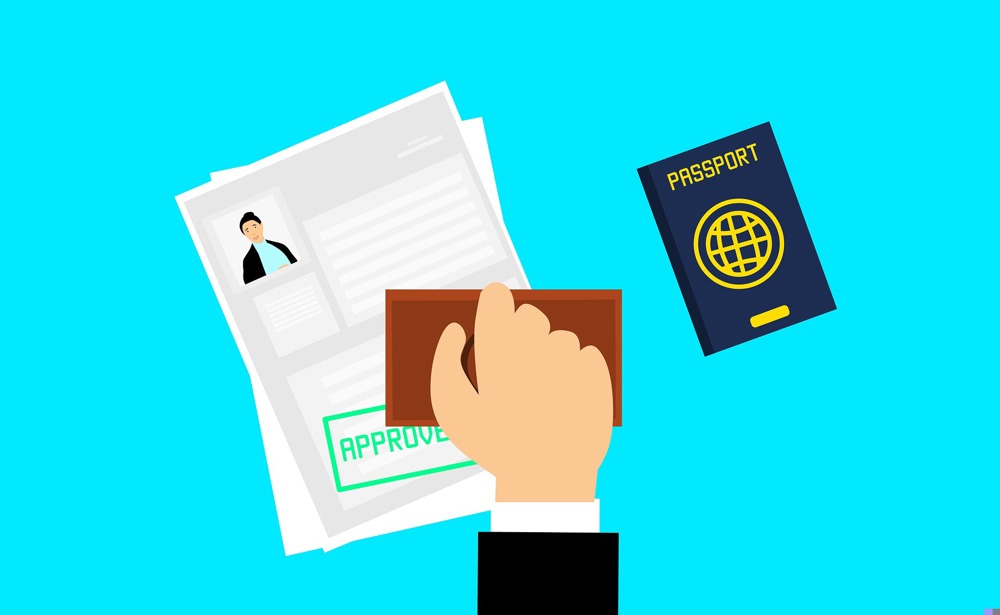
If your travel companion dies during the trip, a doctor will have to determine the death and then issue a death certificate. With this statement, you can report the death to the local authorities. In the event of an accident or crime, you must first inform the police. They will first investigate before releasing the remains. The embassy or consulate may request copies of medical/autopsy reports for you.
Does the deceased have travel insurance? Then call the emergency center of the insurer in question. He or she will help you with a number of important matters, such as informing family, handling formalities and repatriating the deceased.
If the deceased has funeral insurance, the insurance company will arrange everything for you from arrival in the Netherlands. If the deceased is brought back to the Netherlands by plane, the funeral insurer will arrange for the body to be picked up from an airport in the Netherlands.
Inform (other) next of kin
Do you need to inform others of the death of your travel companion? Engage the travel organization, family or friends in the Netherlands to inform others of the death of your travel companion.

Have the death registered
With the death certificate issued by the doctor, you can report the death of your travel companion to the local authorities, usually the town hall in the place of death. The local authorities will provide you with two documents that you will need for further arrangements for transport to the Netherlands, registration with the civil registry and financial matters:
- A death certificate
- A 'laissez-passer' for the deceased (required to transport the deceased back to the Netherlands).
A local funeral director prepares the deceased for transport. The body is usually embalmed. These costs are generally covered by travel insurance.
No travel insurance
The next of kin will then arrange and pay for the transport of the body to the Netherlands. You can use a professional repatriation company for this. Repatriation companies are available 24 hours a day. Transportation can be done by car or plane. Keep in mind that these costs can add up considerably.
Burial/cremation abroad
If you choose to do so, or if you or the next of kin are unable to pay the costs of repatriation, the body will be buried abroad or cremated according to local customs.
A local funeral director can be called in for this. The costs of a funeral abroad are usually reimbursed (in full or in part) from funeral insurance. If the deceased has been cremated, you may take the ashes with you to the Netherlands. Although no special import documents are required for this, it is advisable to keep the death certificate and/or cremation certificate at hand.
Transport
Within 1500 km of the Netherlands, the deceased is usually repatriated by car.
Within the European Union (except the Benelux), an international corpse pass is required for the transport of the remains. In many cases, the body is embalmed. You are not allowed to repatriate the deceased yourself, this is done in an official hearse.
In case of longer distances, the deceased will be repatriated by plane. The body is transported in a zinc coffin that is airtight and watertight. You cannot be with the deceased during the journey home. The passport or a copy of the passport must remain with the deceased. It is wise to remove jewelry and other valuable objects from the deceased and bring them with you.
Arrival in the Netherlands
If the deceased arrives at Schiphol, the airport chaplaincy can be used. This helps with the guidance of the next of kin and peaceful reunion with the family.

Registration in the Netherlands
Back in the Netherlands, you must report the death of your loved one in the municipality where the deceased is registered. To do this, you will need the death certificate.
Legalising documents
Documents from certain countries must first be legalised. This shows that the document has been issued by the correct organization. Legalisation is usually done in the country where the document comes from. Sometimes you also need an official (sworn) translation of the document.
Convert deed into Dutch
You can have the foreign death certificate converted into a Dutch certificate by your municipality. Although not mandatory, it makes it easier if you need the copy in the future to report the death to organizations.